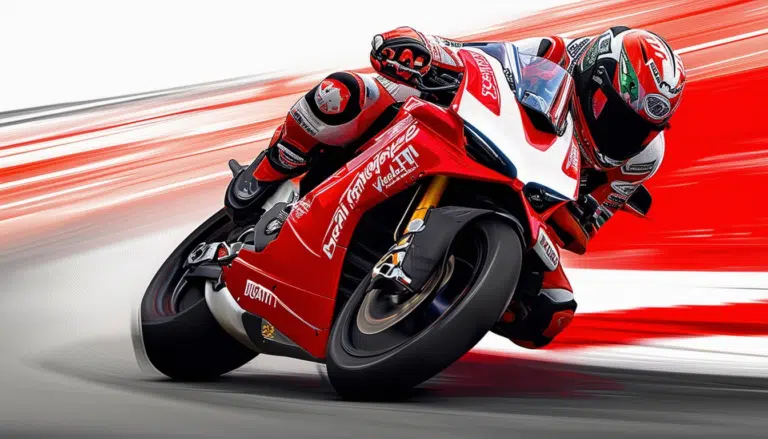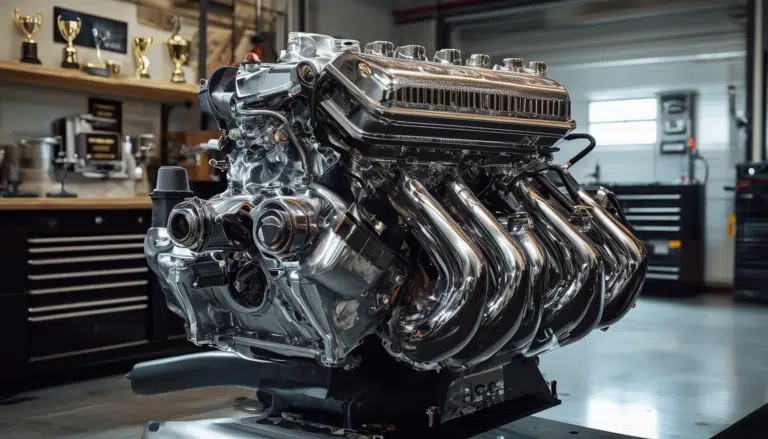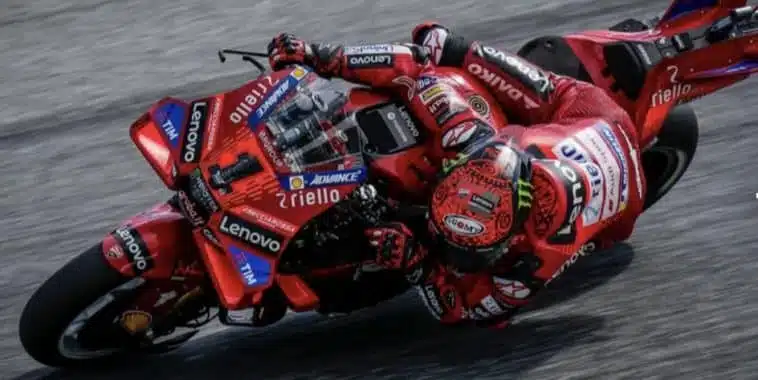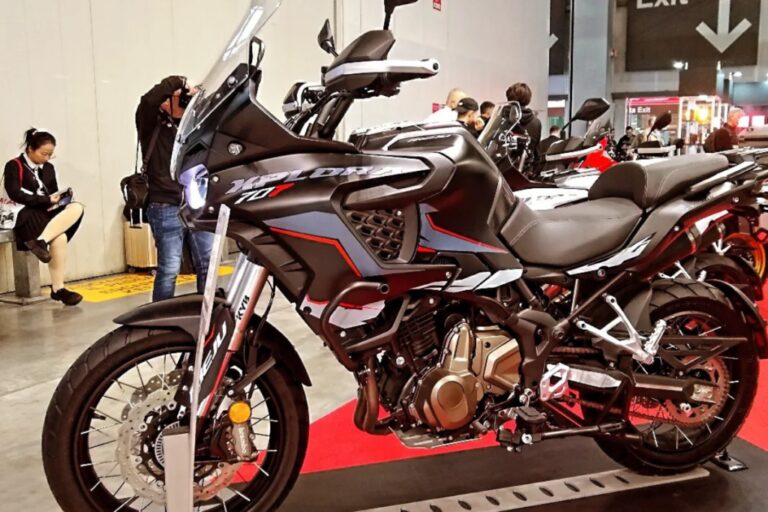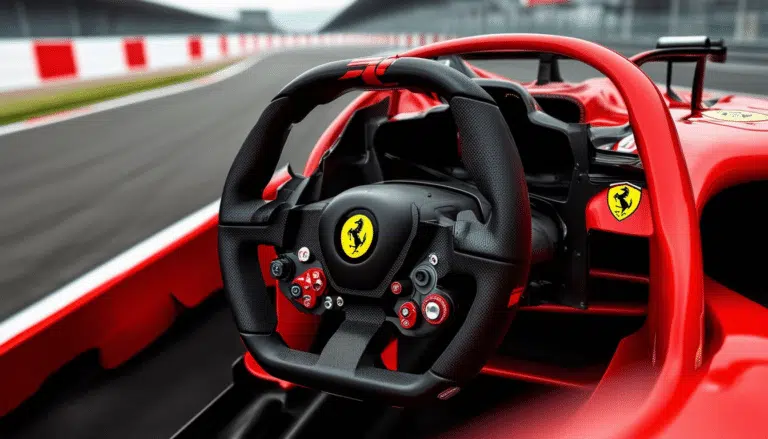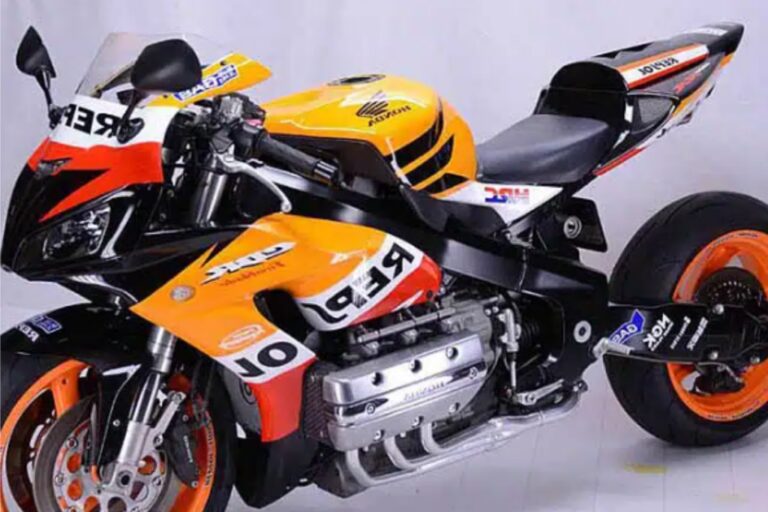Marquez: “Ducati’s challenge is that we are too competitive
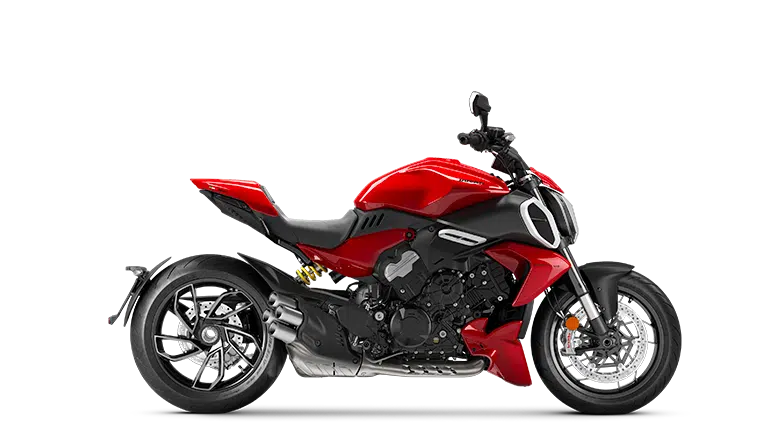
In the exciting world of motorcycling, the struggle for supremacy on the track intensifies every day. Recently, Marc Márquez’s words have resonated strongly, highlighting not only his own competitiveness but also the challenge that Ducati represents for him and his rivals. By stating that the strength of the Italian brand lies in the pressure exerted by competitors, Márquez has opened a fascinating debate about the nature of competition in MotoGP. This analysis focuses on how these dynamics can define the future of racing and the continued development of the riders.
In the world of motorcycling, few statements generate as much uproar as Márquez’s recent remark about Ducati. The multi-time champion has stated that the real challenge for the Italian team lies in the competitiveness of its rivals, which drives not only their performance but also that of the entire MotoGP grid. This phenomenon reflects not only the exceptional quality of the bikes but also the extraordinary struggle between riders who constantly seek to surpass themselves.
The essence of competitiveness
Márquez, known for his skill and relentless pursuit of perfection, has pointed out that the strength of Ducati does not come solely from the advanced technology of their bikes but also from the pressure exerted by the competition. When a rider like Márquez mentions that “we are too competitive,” he is acknowledging the role that each rider and team plays in generating an environment of constant improvement. This cycle of competition is what makes races exciting and unpredictable.
The implications of his words
Márquez’s statements invite a deep reflection on the nature of motorsport. The question is: is competitiveness a result of technical superiority, or is it more related to the dedication and effort that each rider and team puts on the track? For Ducati, this perspective can be both a compliment and a warning. They must continue innovating and challenging themselves, knowing that they will not only compete against the capabilities of their own machine but also against the talent and determination of their rivals.
The paddock’s reaction
The MotoGP community has received these statements with a mix of admiration and criticism. Some fans celebrate Márquez’s transparency, while others wonder if he is underestimating the effort behind Ducati’s success. The truth is that these words have sparked a debate about what it really means to be a champion in a sport where technology and skill must go hand in hand. What is more crucial: the machine or the man who rides it?
The future of Ducati in motorcycling
With the arrival of new talents in the MotoGP category, the Ducati team must prepare not only to maintain its dominant status but also to adapt to the new dynamics of the championship. Márquez’s phrase could be seen as a challenge to keep improving and not fall into complacency. Competition not only demands technical innovation but also a competitive mindset that motivates every team member to seek excellence in every race.
References to recent history
Ducati has been one of the standout brands in motorcycling in recent years, marking a strong rise in its performance and competitiveness. This growth has been driven by impressive talent among its riders and a strategic focus on innovation. Márquez’s departure from Honda to join Ducati adds an intriguing dimension to this story. His ability to adapt and overcome new challenges will be tested like never before.
The internal and external challenges
As the 2025 season approaches, not only does Márquez face the challenge of competing in a new team, but Ducati will also have to face increasing pressure. Expectations are high, and every race will be an opportunity to demonstrate that they can maintain their status at the top, no matter how competitive their rivals become.
Conclusion on Márquez’s perspective
Márquez’s statements reflect an insightful view of the sport where the reality is that every rider has a role to play in creating a competitive environment. Ducati, with its remarkable performance, continues to be a benchmark in MotoGP, not only for its machines but also for the fighting spirit it has managed to inspire in those who compete on the track. This dialogue about competitiveness is essential for understanding the future of motorcycling and the direction in which the championship is heading.
Analysis of Márquez’s statements about Ducati
Márquez’s recent statements, where he mentions that “the challenge from Ducati is that we are too competitive,” open a fascinating debate about the perception of competition in the world of motorcycling. This comment not only highlights Ducati’s strength but also brings to light the willpower and fighting spirit of rival riders. By indicating that Ducati’s competitiveness is, in part, a result of the pressure generated by other riders, Márquez suggests that the playing field is not solely in the perfection of the machines but in the skill and personal improvement of each rider.
In a high-speed, adrenaline-fueled environment, where every millisecond counts, Márquez’s words can be viewed as mutual recognition among competitors. This fosters an atmosphere of respect that is often lost amid rivalry, reminding fans that behind every race, there is a story of effort and tenacity. Thus, his words become a call for unity in rivalry, where each rider strives not only to win but also to elevate the sport to a higher level.
The 2025 season is shaping up to be a decisive year, with high expectations. With Márquez’s new challenge of joining Ducati, an intriguing chapter opens that will surely capture the attention of motorcycling fans. The key will lie in how each rider, including Márquez, leverages their competitiveness to push their limits and forge new stories on the track. This, ultimately, may raise the level of competition and excitement in races even higher, benefiting the entire sport.

